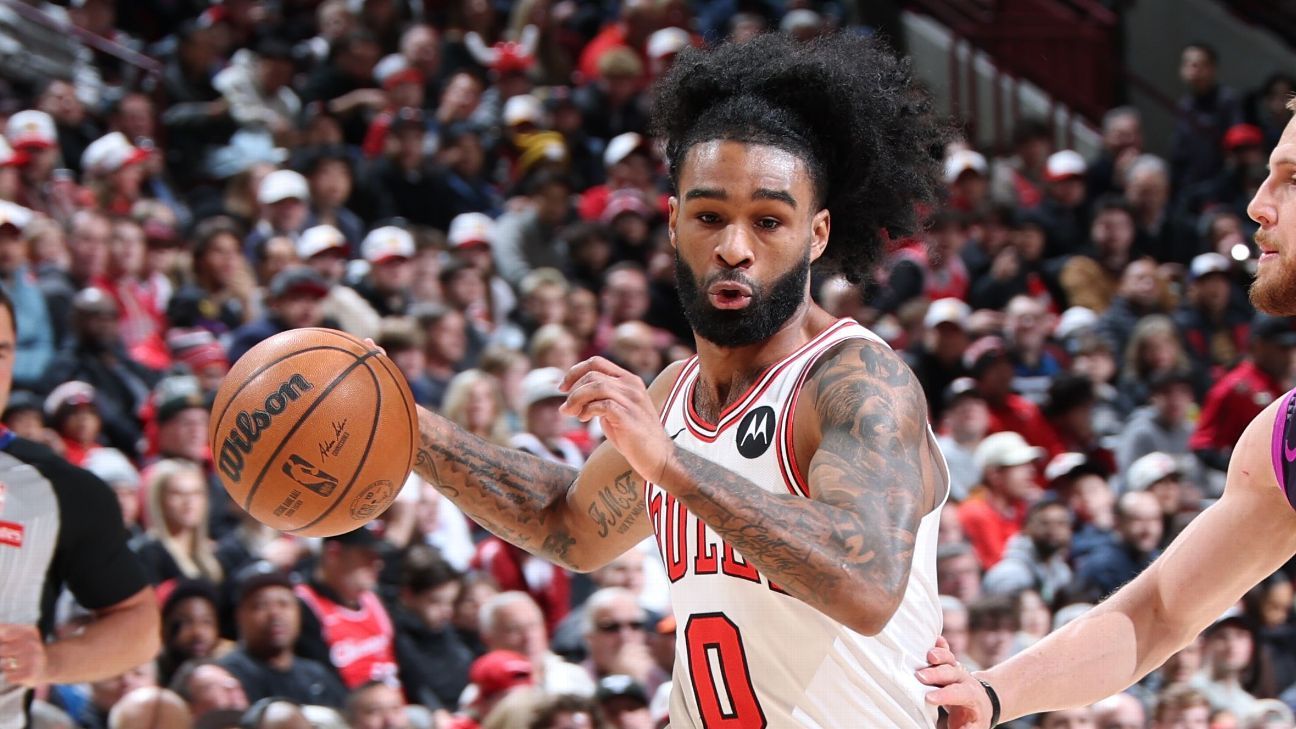Critical Health Alert: Dangerous Combinations - What NOT to Mix with Vitamin C
:max_bytes(150000):strip_icc()/Health-GettyImages-SupplementsNotToMixVitaminC-4cd93a8dd99a4e1d8ce55574ad4d7a60.jpg)
Vitamin C, also known as ascorbic acid, is a crucial water-soluble vitamin and a potent antioxidant. It plays a vital role in several bodily functions, including collagen synthesis, facilitating wound healing, and supporting a robust immune system. However, despite its benefits, vitamin C can interact with various supplements and medications, potentially influencing their absorption, effectiveness, safety, or metabolic processes within the body.
One significant interaction is with **Vitamin B12**, another water-soluble vitamin essential for protein metabolism, red blood cell formation, and nervous system support. High doses of vitamin C can degrade certain forms of vitamin B12, such as cyanocobalamin, thereby reducing its absorption in the gut. Experts recommend separating high-dose vitamin C intake from B12 supplements by several hours to mitigate this interaction. Alternatively, individuals can rely on dietary sources rich in these vitamins, with B12 found in meat, poultry, shellfish, eggs, and dairy, and vitamin C in citrus fruits, berries, cabbage, and broccoli.
**Iron**, an essential mineral, is necessary for hemoglobin production, oxygen transport, muscle metabolism, neurological development, and healthy connective tissue. While vitamin C is known to safely and effectively enhance iron absorption from foods, individuals with iron-overload conditions like hemochromatosis should exercise caution. High-dose vitamin C supplements in such cases may increase the risk of tissue damage or toxicity. Consulting a healthcare provider for dosage and timing recommendations before adding vitamin C to a supplement regimen is crucial for those with iron-overload conditions.
**Copper** is another mineral vital for energy production, red blood cell formation, and the proper functioning of the nervous and immune systems. While some individuals may supplement copper due to dietary insufficiency or malabsorption conditions like celiac disease, vitamin C can reduce the availability of copper, potentially leading to oxidative stress and kidney damage. To avoid this interaction, it is advisable to take copper and vitamin C supplements with separate meals, at least two hours apart. Obtaining these nutrients from food sources is also a viable alternative.
**Vitamin B3**, or niacin, is often used in combination with statins to manage high cholesterol. However, taking vitamin C concurrently with niacin and a statin may diminish the effectiveness of cholesterol medication, specifically by preventing an increase in HDL ("good") cholesterol levels. Individuals taking cholesterol medications containing niacin should consult a healthcare provider for advice on the recommended dosing and timing of vitamin C supplements, or opt for naturally obtained vitamin C from foods.
Lastly, while not a supplement, **Aluminum** is a chemical compound present in certain medications, such as antacids (used for heartburn) and warfarin, an anticoagulant. Warfarin, in particular, can interact with vitamin C, leading to a rare but possible decrease in its anticoagulant effect, which is critical for preventing blood clots. This interaction is primarily observed with higher doses of vitamin C. Individuals on antacids or medications like warfarin should consult their healthcare provider to determine if a lower dose of vitamin C is safe for them.
You may also like...
Hawks Shake Up Starting Five: Risacher Traded for McCollum in Bold Move!

The Atlanta Hawks have made a notable lineup change, moving Zaccharie Risacher to the bench in favor of veteran CJ McCol...
Rookie Sensation Coby White Poised for Electrifying Hornets Debut Against Bulls!

Coby White is slated to debut for the Charlotte Hornets on Tuesday night against his former team, the Chicago Bulls. Acq...
Prime Video's 'God of War' Unleashes Kratos Cast Guide and Shocking Villain Reveal

Amazon Prime Video's "God of War" series is gaining momentum with key casting announcements, including Ed Skrein as the ...
Chalamet & McConaughey Ignite Debate on Netflix's Action Obsession in Must-Watch Town Hall

Actors Timothée Chalamet and Matthew McConaughey reunited for a CNN & Variety Town Hall, discussing their film 'Interste...
Cardi B Unleashes Fury on Trump Advisor in Explosive Nicki Minaj Bot Report Controversy!

A public spat erupted between Cardi B and Donald Trump advisor Alex Bruesewitz over a report suggesting bots amplified N...
Legendary Queens of Hip-Hop: Salt-N-Pepa & DJ Spinderella to be Inducted into Hall of Fame at NAACP Image Awards!

Hip-hop legends Salt-N-Pepa and DJ Spinderella are set to be inducted into the Hall of Fame at the 57th NAACP Image Awar...
Kenya Revolutionizes Travel: Digital Fare System Signals Cashless Public Transport Era

Kenya is making significant strides towards launching the Integrated Automated Fare Collection System (IAFCS), a unified...
SalamAir Unveils Historic Nonstop Flight Between Oman and Mogadishu

Oman's low-cost carrier SalamAir will launch the first-ever direct Muscat-Mogadishu flight on September 3, 2026, operati...
:max_bytes(150000):strip_icc()/lemon-benefits-11857153-6c5930f73c8441b3834e5606bbd64f11.jpg)
:max_bytes(150000):strip_icc()/Health-GettyImages-2192655466-ddf01cc899de49e9a293229ef029f522.jpg)
:max_bytes(150000):strip_icc()/Health-GettyImages-993425530-f19d6c0ff4bf48bfb4c3a40ae57cbd1c.jpg)
:max_bytes(150000):strip_icc()/Health-GettyImages-2226913252-6b98c1cfb4da4bd79238d00eeeb03f5a.jpg)
:max_bytes(150000):strip_icc()/Health-GettyImages-1345641202-0f244bc4d291478e9a14c046340f81ca.jpg)
:max_bytes(150000):strip_icc()/Health-GettyImages-1826614930-72c08b81b4474af9a9f86438e5f78485.jpg)